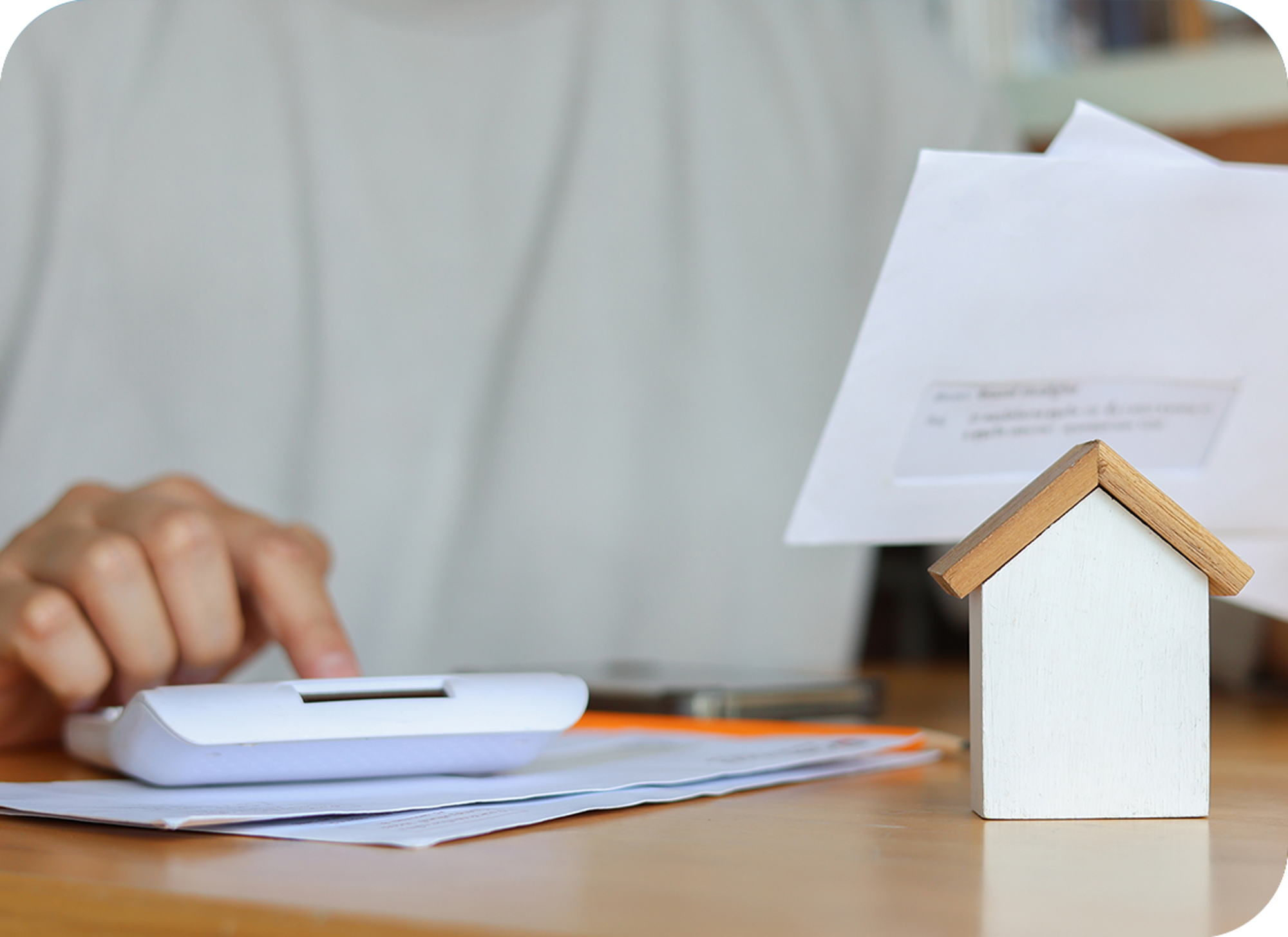With recent fire events, it is time to review some tips that can help you prepare or be of use in the recovery phase after a natural disaster. The Kaiser site, has useful information on medical and pharmacy plans.
1. Digitize Your Documents
One of the more effective ways to protect your documents is to digitize them. Scan important papers. Critical documents such as birth certificates, passports, insurance policies, and receipts/warranties for big-ticket items are some items to consider. Store these digital copies on a secure cloud service or an external hard drive. This way, you will still have access to the information in another format/media.
2. Create a Document Checklist
Make a checklist of all the important documents you need to safeguard. This list might include identification documents, financial records, medical records, property-related documents, and legal papers. Having a checklist means you are less likely to overlook any critical documents.
Many insurance companies have online member portals that house digital ID cards, documents, and claim forms. If you have not already done so, establish/activate your member portal. If you are not sure how that is done, call the carrier to assist you.
Make a checklist of all the documents you may need for insurance claims. If you are not sure what may be needed for reimbursement, call the carrier and ask. This might include:
- Claim forms
- Receipts for valuable items/incurred expenses
- Photos or videos of your property and belongings
- Having a checklist means you are less likely to miss any critical documents and may reduce stress during/after a major event.
3. Keep Copies in Multiple Locations
Store copies of your important documents in multiple locations. Consider keeping one set at home in a secure container, another at a trusted friend or family member's house, and a third place like in a safe deposit box at your bank or credit union. This way, the chances of at least one set of documents surviving a disaster are higher.
4. Use Plastic Sleeves and Ziplock Bags
Place your documents in plastic sleeves or Ziplock bags to protect them from moisture. This extra layer of protection can help prevent water damage if the container that houses them is compromised.
5. Regularly Update Your Records
If it's been a while since you last reviewed, take inventory of items that may need updating. Be sure to update your documents, especially after significant life events such as moving, getting married, having children, etc.
6. Inform Family Members
Make sure your trusted family members know where the important documents are stored and how to access them. In an emergency, having multiple people aware of the document locations can save valuable time and reduce stress.
7. Use Secure Passwords
Protect your digital documents with strong, unique passwords. This adds an extra layer of security, ensuring that your sensitive information remains safe even if your devices are lost or stolen during a disaster. Equally important is knowing how to contact a needed party in case you have misplaced passwords or are locked out of a portal due to multiple login failures.
If you’re a member who has been affected by the recent wildfires in Southern California, Kaiser Permanente can help you access the health care and services you need. Learn more on Blue Shield's website HERE.
If you'd like to learn more, please contact me at:
Jennifer Green
Vice President of Wellbeing & Engagement
jgreen@venbrook.com
949.652.6327
























